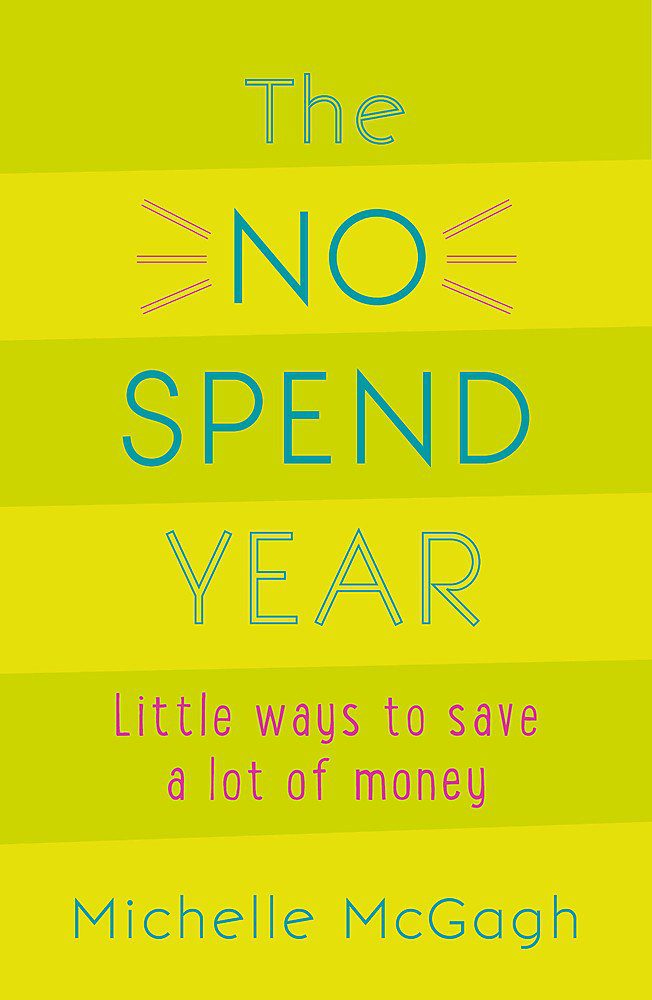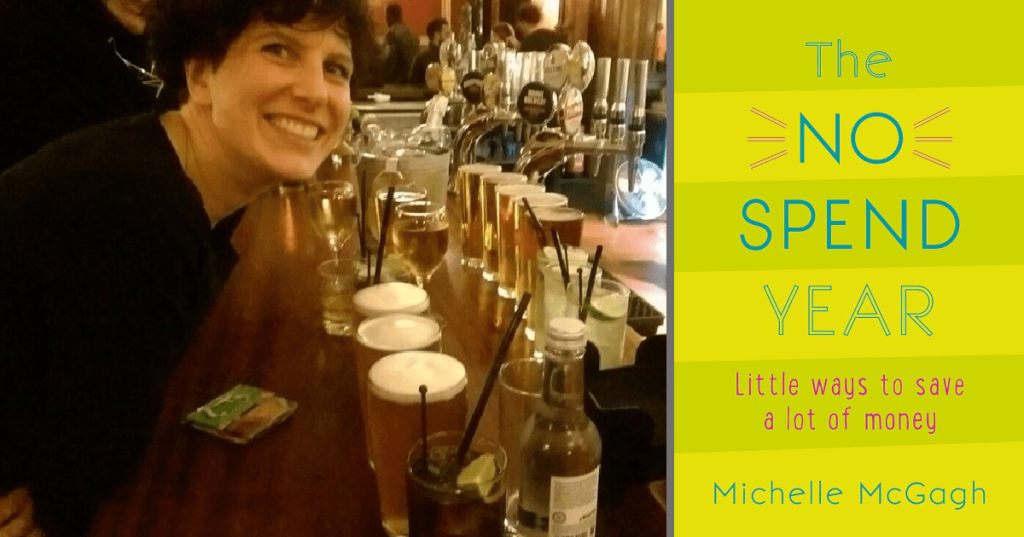There are all kinds of reasons that people buy things, and actually needing them is nowhere near the top of the list. Most of us have what we need to survive a year or longer (except perhaps food), but we’ve been conditioned to think we “need” to replace things, grab new things, keep up with the neighbors, or just make ourselves feel briefly better about the state of the world.
This woman wanted to know what would happened if she quit, though, and one of the biggest (if unsurprising) results was that she saved a whole bunch of money.
And no – this wasn’t someone with a huge spending problem to start with, but despite being a personal finance journalist, Michelle McGagh wasn’t super frugal, either.
“My friends, family, and colleagues assumed I was brilliant with money – but that wasn’t strictly true.”
She said she, like everyone else, spent thousands of dollars every year on “unnecessary” things like coffee, eating out, and clothes.
So, she committed to an entire year – one Black Friday to the next – without spending anything deemed “unnecessary.”
There were the usual things that had to be purchased, like her “mortgage, utilities, life insurance, charity donations, and internet and cell phone bills,” along with basics like toiletries and a weekly grocery budget she shared with her partner.
Anything else, including trips to the movies, a beer after work, new clothes, vacations, candy at the gas station, or takeaway, was off the table.
McGagh really leaned into the challenge, finding even more ways to save money; she biked to work and, as she realized how much extra funds she had, paid extra on her mortgage.
“I’m grateful to have disposable income to save and feel I should make the most of it – I hope I have encouraged other people to reconsider their spending patterns, too.”
That said, she (and her partner) will be the first to tell you it wasn’t easy, and they felt as though they missed out on a lot. Critics accused her of “poverty tourism,” but McGagh doesn’t think that’s fair.
“There is a big difference between poverty and frugality. This experiment was not about living in poverty, because poverty isn’t a choice. I could still pay my mortgage, bills, and food. The last year has been an experiment in extreme frugality and choosing not to buy, rather than not having a choice.”
McGagh saved around $23,000 she would not have had if she had continued the status quo, and says that by the end of the experiment, she had no urge to spend frivolously any longer.
She celebrated completing the challenge by buying her friends a round of beers and purchasing a plane ticket to go and visit her grandfather.
You can read about her entire experience in her book, The No Spend Year: How I Spent Less and Lived More.

Image Credit: Amazon
Would you ever tackle a challenge like this? Do you think you could do it?
Let’s talk about it down in the comments!






